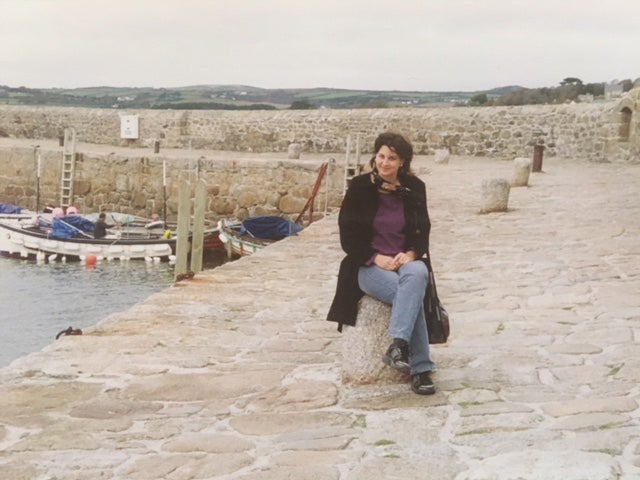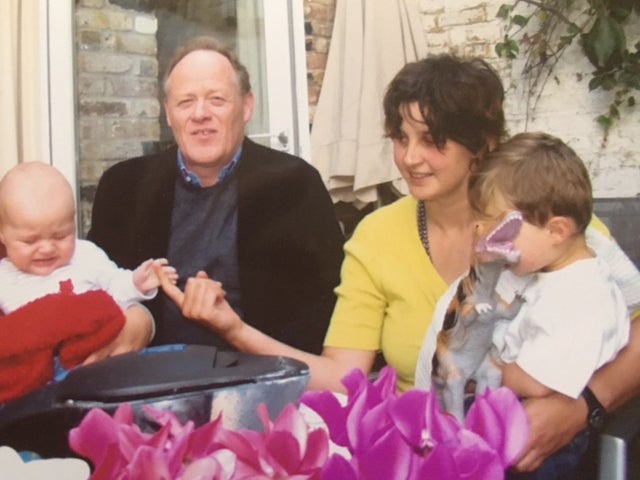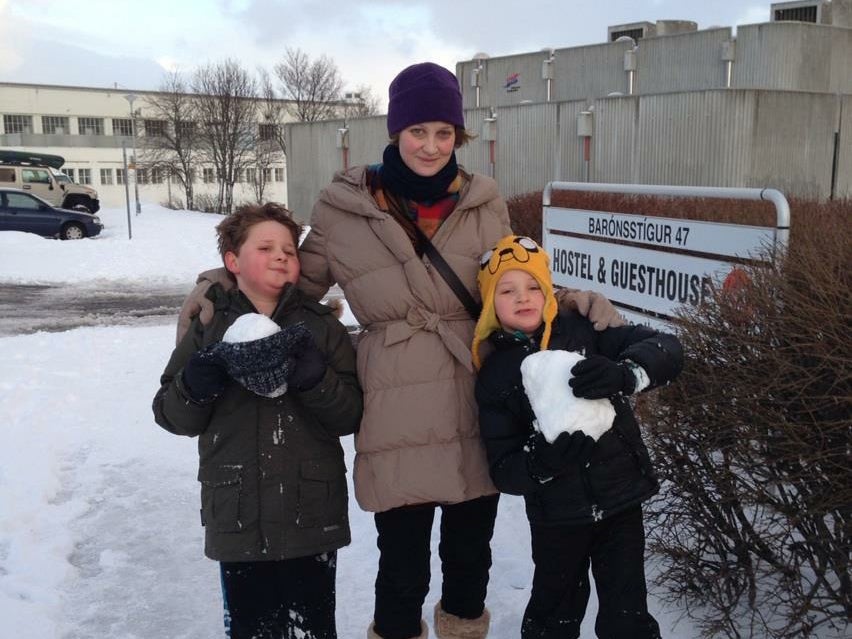GP criticises colleagues who branded her a hypochondriac and failed to diagnose her cancer
'I am angry at being left in the medically unexplained wilderness'

Your support helps us to tell the story
From reproductive rights to climate change to Big Tech, The Independent is on the ground when the story is developing. Whether it's investigating the financials of Elon Musk's pro-Trump PAC or producing our latest documentary, 'The A Word', which shines a light on the American women fighting for reproductive rights, we know how important it is to parse out the facts from the messaging.
At such a critical moment in US history, we need reporters on the ground. Your donation allows us to keep sending journalists to speak to both sides of the story.
The Independent is trusted by Americans across the entire political spectrum. And unlike many other quality news outlets, we choose not to lock Americans out of our reporting and analysis with paywalls. We believe quality journalism should be available to everyone, paid for by those who can afford it.
Your support makes all the difference.A GP and mother of two, who died of a rare form of cancer after her condition went undiagnosed for two years, has spoken out about being dismissed as a hypochondriac as she searched for a diagnosis from her colleagues.
Dr Lisa Steen described her years of “wandering in the wilderness of the medically unexplained” in a posthumously published blog post.
She also criticised health professionals for being “reluctant to lay their hands on and examine a fellow medic” before she was diagnosed with kidney cancer in July 2014, by which time the cancer had spread to her bones.
The 43-year-old from Cambridge, who was a GP and had trained as a psychiatrist, had complained of a vast series of symptoms, including dizziness, visual disturbance, fatigue and memory problems, since 2012.

Despite visiting her doctor repeatedly from August 2012, her health problems were initially thought to be the result of “depression and health anxiety”.
She voiced her frustration at the way she was dealt with by colleagues, describing visits to specialists as “seeming fruitless” and “feeling like a goldfish with no voice. Watching doctors' faces glaze over at the multitude of symptoms. Trying to fit it all in with work and looking after my family.”
Writing in the British Medical Journal (BMJ) online, Dr Steen said: “I do not know how long I’ll live. It probably won’t be for many weeks. But right now I am glad to be alive, I am grateful for the expensive drug which is holding back the cancer. I am angry at being left in the medically unexplained wilderness and I did not like the way my colleagues looked at me, when they believed me to have health anxiety.
“If anyone of the doctors I saw had gone another mile they would’ve stumbled upon it. I almost told them the answer; I repeated over and over my belief of a genetic syndrome linked to the carotid body, something related to it, but they were unable to hear the answer from a patient. They were reluctant to lay their hands on and examine a fellow medic.

“I was disappointed in finding a very poor appetite for a diagnostic hunt, which may in part be the result of protocolisation and superspecialism. I disliked being unable to order my own tests, and I regret not pulling more strings. I was too embarrassed about my “psychiatric” condition, too confused by not having the whole answer ready.
“My story is a cautionary tale to all of us health professionals when we get ill. Illness is somehow not the done thing. It upsets our “them/us” belief system, which helps us cope with the horror of what we see. “We do not get ill, they are ill.” We are a lot more military than we realise.
“We are trained to keep going, as if there was a war on. Our workloads are superhuman, and we seriously do not appreciate it if those around us “slack off,” particularly those taking sick leave with depression or stress.”
Following her diagnosis, Dr Steen underwent chemotherapy, had a kidney removed and a hip replacement. She died in February this year.
Her husband, Raymond Brown, told the Telegraph: "They didn't seem to be taking her too seriously particularly because she had been diagnosed with health anxiety, she was being looked at as a hypochondriac.
"She just wants doctors to be aware when they are treating doctors to give them really good treatment and they have to be aware they are a patient and they don't know everything. They need to be treated like a patient, not like a doctor."
Join our commenting forum
Join thought-provoking conversations, follow other Independent readers and see their replies
0Comments